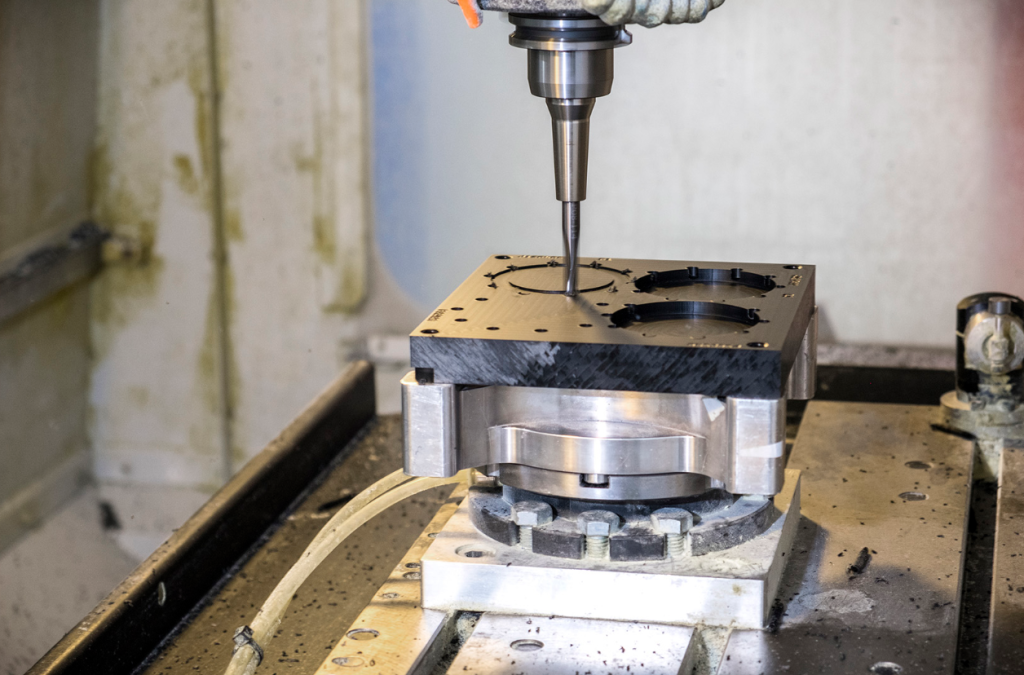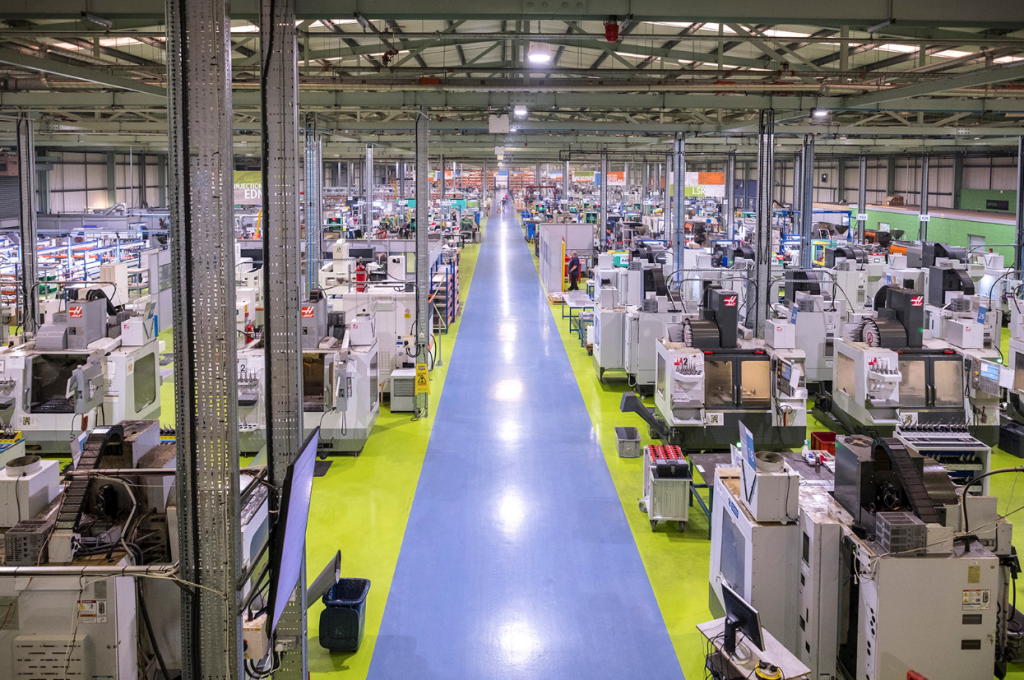Protolabs offers more options for pricing and manufacturing through a digital network.
Protolabs is a digital manufacturing company that has announced plans for enhancing its manufacturing capabilities and pricing options. This includes CNC machining, 3D printing, and injection molding. The company hopes to achieve this goal by leveraging Hubs, its digital network of manufacturing companies.
This strategic move allows customers to gain access to advanced capabilities, reduce part costs, and increase their part quantities. The expansion is primarily focused on offering cost-effective components for large-scale production without compromising low-volume and on-demand manufacturing. Customers can now choose from a wide range of options, and find flexible solutions that meet their specific manufacturing needs.
“Never before has the industry seen a digital manufacturing model quite like this. Protolabs has combined the speed and quality of a service bureau built from the ground up with a highly vetted distributed network of global manufacturers,” said Alex Cappy, Vice President and CEO of Hubs. “We’re pushing the envelope further than ever before to provide a truly seamless service at Protolabs.”

New manufacturing capabilities are unleashed
Protolabs provides a detailed breakdown of the new options available through its manufacturing network. Customers can now benefit from CNC machining with tolerances as low as +/ 0.001 inches (0.20mm) and a range of parts sizes ranging from 40 inches (1,001mm) to 0.02 inch (0.5mm). Additionally, plating, chromate coating, and anodizing are now available in greater quantities.
The network is now able to handle high-requirement injection molding projects, which include larger and deeper components (for example, 47.24″ x 27.56″ x 1181″, 1,200mm by 700mm x300mm), as well as intricate parts. In addition to Protolabs’ six other plastic and metal additive manufacturing technologies, customers can now access Fused Deposition Modeling (FDM) 3D printing through the network for the rapid prototyping of cost-efficient parts.
All of these manufacturing capabilities are available to customers via protolabs.com (for CNC machining) and hubs.com (for expanded injection molding, 3D printing and FDM options).
“Over the past few years, we’ve talked with thousands of customers around the world,” said Rob Bodor, President and CEO at Protolabs. “Many still require quick-turn parts to support their new product innovation or to address supply disruptions. Many of these conversations have been centered around the need for cost-efficient components for volume production, especially at a time where budgets are tight. Our digital network addresses that need.”

Manufacturing networks have advanced 3D printing technologies
Prototyping companies Quickparts joined the Roboze 3D Parts Network established by Roboze – a manufacturer industrial 3D Printer. This development was expected by many to boost the local production of custom parts in various countries around the world, using industrial 3D printer systems and novel materials. Quickparts has installed the first Roboze system, ARGO 500 at its Seattle headquarters. It will be used by aerospace and industrial companies across the United States.
“As industry experts, we have followed Roboze from the beginning and were immediately impressed by how the company and its technology have grown over the years. We needed to expand our systems to more quickly meet our customers’ needs to produce end-use parts accurately and with high-performance polymeric materials. Roboze proved to be the best choice in terms of versatility, quality, and repeatability,” said Ziad Abou, CEO of Quickparts.
EOS, a provider of 3D printers with powder bed fusion (PBF), launched its Contract Manufacturing Network. The network linked AM production partners and end-users to enable them to produce high-quality components quickly and reliably. Initially, the network comprised seven partners, including FKM, Erpro, Volum-E, Pankl, Materialise, Oerlikon, and Hasenauer & Hesser in EMEA. EOS’ Contract Manufacturing Network expanded on the services it already provided through its partner networks. Customers who need reliable AM partners to produce their own parts instead of producing them themselves can contact the network. Services include rapid prototyping and small series volumes up to 1,000 parts.
What is the Meaning of the Future of 3D printing What will the next ten year hold?
What is the best way to get in touch with you? engineering challenges What challenges will the additive manufacturing sector face in the next decade?
To stay up to date with the latest 3D printing news, don’t forget to subscribe to the 3D Printing Industry News Follow us on TwitterLike our page on Facebook Facebook.
While you’re here, why not subscribe to our YouTube channel? Featuring discussion, debriefs, video shorts, and webinar replays.
Are you searching for a job within the additive manufacturing industry. Visit 3D Printing Jobs Check out the following roles.
The featured image shows the Protolabs facility. Image via Protolabs.